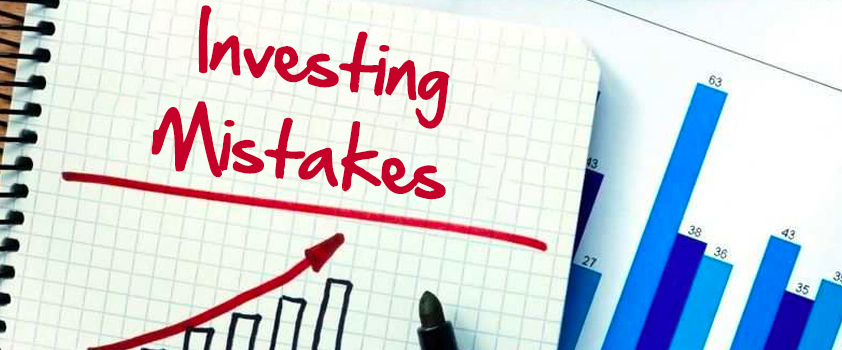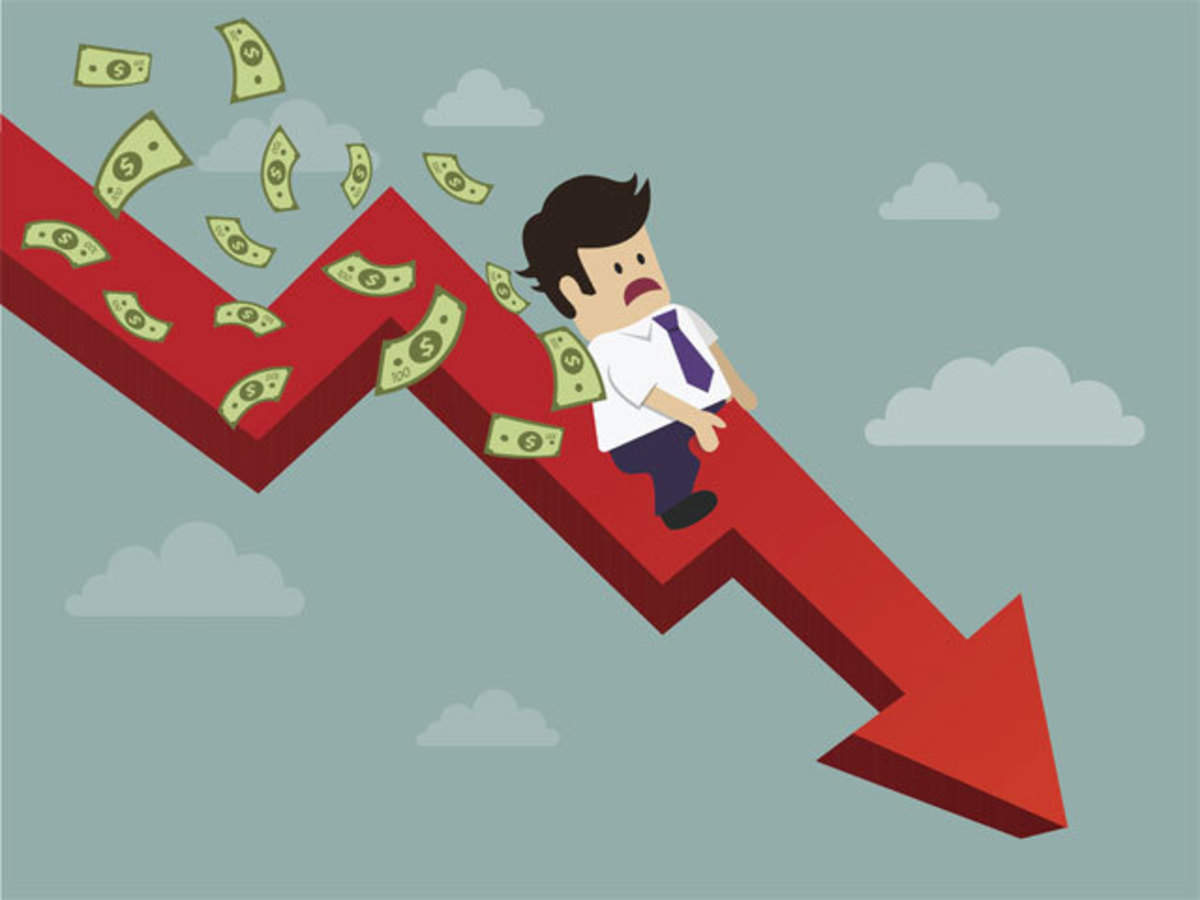
It’s been said that those who don’t learn from the mistakes of others are doomed to repeat them, and few mistakes can be as costly as those made by investors. These so-called ultra-wealthy individuals make up less than 1% of the population but control over 70% of the world’s wealth, so you’d think they would know better than most how to invest wisely. You’d think, but you’d be wrong!
1) Not Planning Ahead

One mistake the ultra wealthy don’t make is not planning ahead. They understand that trading in the public markets is a long-term game. They don’t try to get rich quick by taking unnecessary risks or paying fees and commissions that eat into their profits. Instead, they plan ahead and make sure their investments are solid before making any moves. They know that those who trade in the public markets for short-term profit will never win over those who trade for long-term gains.
As much as they plan ahead, they don’t expect everything to go exactly according to plan. They understand that they will hit some bumps along the way, so they set a loose framework that allows them to make mid-course corrections without feeling like their long-term strategy is too flexible. Also, instead of trying to get rich quick by making massive trades, they simply work slowly and steadily towards their goals over time. The slow-and-steady approach works because it allows for planning adjustments along the way and results in smoother, steadier growth over time.
2) Ignoring Fees

The first mistake the ultra wealthy don’t make is ignoring fees. They know that fees and commissions can eat into their returns, so they pay close attention to them. When you’re investing, always ask about fees and commissions upfront. And if you’re not sure what something is, don’t be afraid to ask for clarification. The last thing you want to do is pay more in fees than you have to.
Fees can be particularly troublesome if you have large, infrequent transactions. For example, a single large purchase might cost hundreds or thousands of dollars in fees and commissions. And even if it’s not an issue upfront, you could find yourself paying more than necessary over time if your investments grow over time and you continue to make more purchases in small amounts. Fees and commissions can also sneak up on you when it comes to taxes. You may be hit with unexpected costs that come out of your investment profits instead of being deducted from your investment capital beforehand like other fees would be.
3) Investing Only in Intangible Assets

Stocks, and bonds usually come to mind when you think of investing or investing strategies. But just because they are more liquid or they have a lower entry price doesn’t mean they’re always the best choice. UHNWIs invest in tangible assets such as commercial and residential real estate, land, gold, and even artwork since they understand the value of them. A popular asset class in investors’ portfolios to balance out stock volatility has been real estate. Despite their importance, these physical assets scare away smaller investors because of their lack of liquidity and high investment prices.
The ultra-wealthy however believe investing in illiquid assets, especially those that are uncorrelated with the market, is beneficial to any investment portfolio. These assets are less susceptible to market fluctuations, so they are worth keeping for the long run. Yale’s endowment fund implemented a strategy that includes uncorrelated physical assets.
4) Following Fads and the Herd

The rich know that following the herd is a recipe for disaster. The average investor does the opposite of what the wealthy do; they buy when stocks are high and sell when they’re low. The ultra wealthy know that this is the time to buy, because they can pick up assets at a discount. They have the patience to wait for the masses to come around to their way of thinking, and then they sell when everyone else is buying and prices are high.
Many of these investors spent their money buying assets at low prices during times of market downturns. During these times, you’ll also find that many of them have sold stocks and built up a cash reserve. That’s because they understand that market corrections aren’t permanent and that eventually investments will rebound. They may not be timing things perfectly, but they know that there are opportunities to profit from short-term panic.
5) Putting All Their Eggs in One Basket

The ultra wealthy know that diversification is key when it comes to investing. They don’t put all of their eggs in one basket, so to speak. Instead, they spread their money around, investing in a variety of stocks, bonds, and other assets. This protects them from market volatility and ensures that they always have some money working for them.
If you’re just starting out, it can be hard to make your money work for you. It takes time to get your financial house in order and start investing, and until then, you may feel like your money is at a standstill. However, if you stick with it, diversification will pay off later on down the road. Just remember to never put all of your eggs in one basket; spread your wealth around so that no matter what happens in any market sector or geographic region, some of your investments will always be doing well.
6) Keeping Up With Today’s Standards

The ultra wealthy are always looking for new and innovative ways to invest their money. They don’t get comfortable with one method or another and they certainly don’t let their portfolio stagnate. Instead, they are always looking for new opportunities and investigating different methods. This allows them to take advantage of changes in the market and keep their wealth growing.
The ultra wealthy are constantly changing their portfolio and keeping track of their progress. They keep up with trends in their industry and they know how to use information that is available to them to get ahead. They are always looking for ways to expand, reduce risk and maximize growth. That’s why they take a professional approach when it comes to investing and often turn to people who have dedicated their lives to learning as much as possible about investing strategies, economic trends and overall financial health.